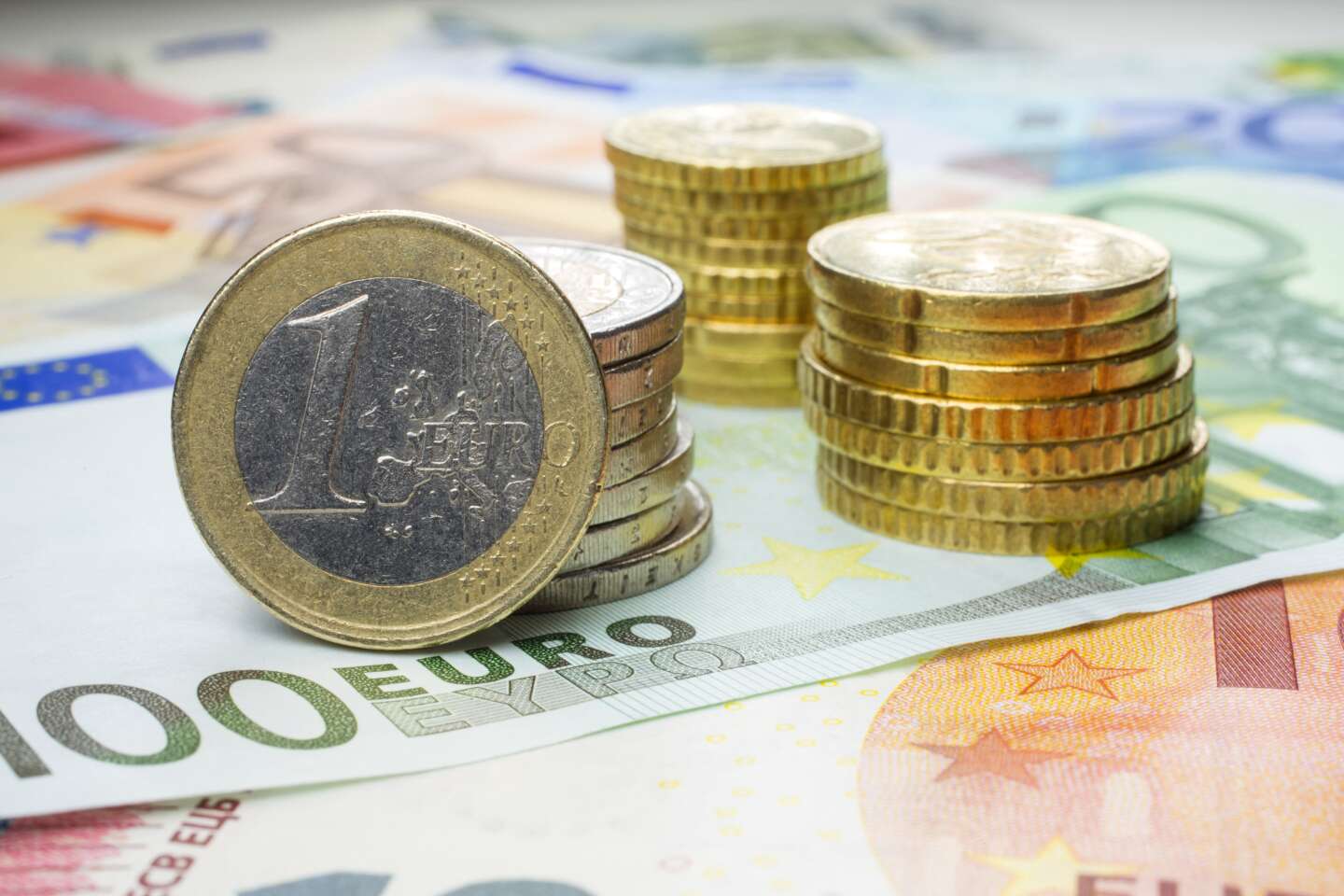


EU ministers gave the final green light on Tuesday for Bulgaria to adopt the euro on January 1, 2026, making it the single currency area's 21st member. Bulgaria's switch from the lev to the euro comes nearly 19 years after the country of 6.4 million people joined the European Union. In adopting the legal texts necessary for the move, EU finance ministers officially set the euro at 1.95583 Bulgarian lev.
Tuesday's approval came after the European Commission said last month the EU's poorest country had fulfilled the strict conditions to adopt the euro, while the European Central Bank also gave a positive opinion. Bulgaria's journey to joining the eurozone has had a stormy political backdrop with seven elections in three years, most recently in October 2024. President Rumen Radev shocked many when he proposed holding a referendum on the matter, but that was given short shrift by the Bulgarian parliament.
Recent polls show Bulgarian society remains divided on the currency, with experts attributing the skepticism largely to fears of rising prices and declining purchasing power. Protesters have gathered in Sofia to call for "keeping the Bulgarian lev" since June, with a symbolic camp with several tents set up near the presidency and the Bulgarian National Bank. Far-right opposition parties have used the issue to promote anti-EU narratives. Proponents in Bulgaria, however, insist the move will help improve the country's economy, reinforce its ties to the West and protect against Russia's influence.
Euro club grows to 21
The green light comes as the euro has been gaining in value against the US dollar, with President Donald Trump's protectionist trade policies shaking trust in the American currency.
Only 12 countries, including France, Germany, Italy, Spain and Greece, were part of the single currency area when the first euro bills and coins were rolled out on January 1, 2002. It gradually widened with Slovenia joining in 2007, Cyprus and Malta in 2008, Slovakia in 2009, Estonia in 2011, Latvia in 2014 then Lithuania in 2015. Croatia was the last country to join in 2023, bringing the total to 20.
Bulgaria wanted to adopt the euro sooner, but Brussels judged its inflation was too high to meet the necessary criteria. EU states that want to join the single currency must demonstrate that their economy has converged with other eurozone countries and that their finances are under control. Conditions include holding inflation to no more than 1.5 percentage points higher than the rate of the three best-performing EU countries. When Brussels gave its backing in June, it said Bulgaria's average inflation rate during the 12 months up to April 2025 was 2.7 percent, just below the needed level.
